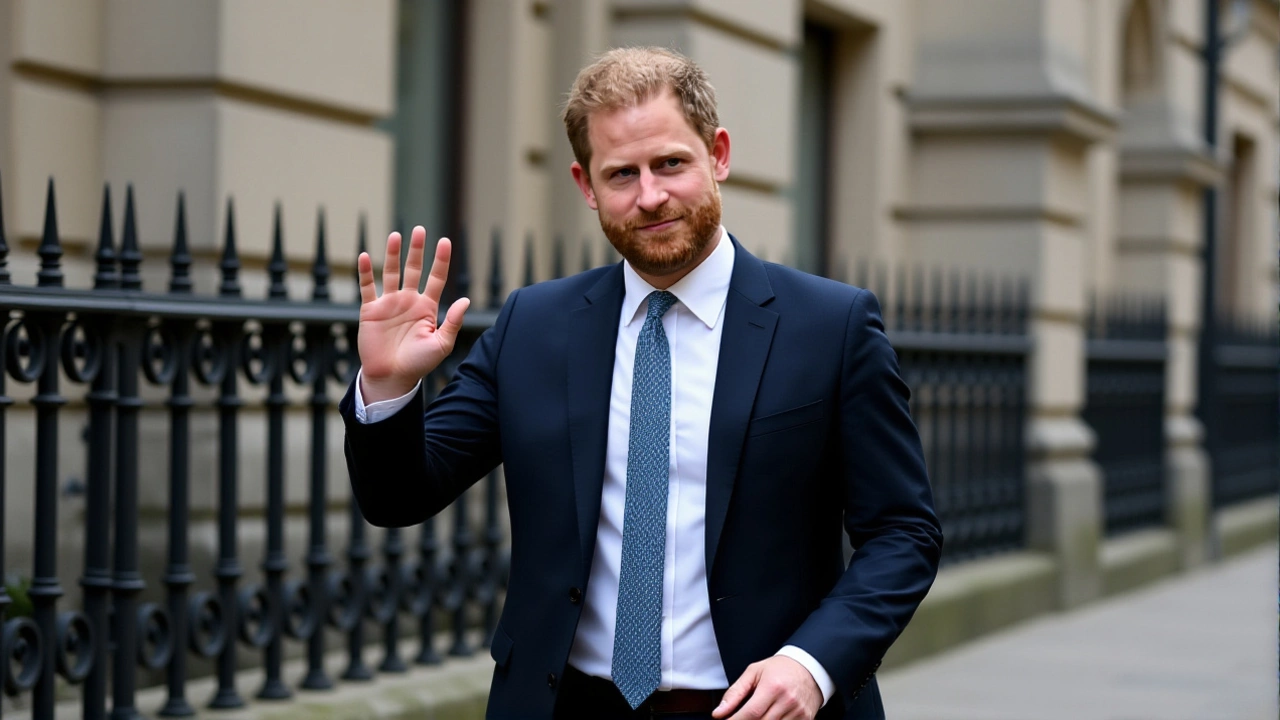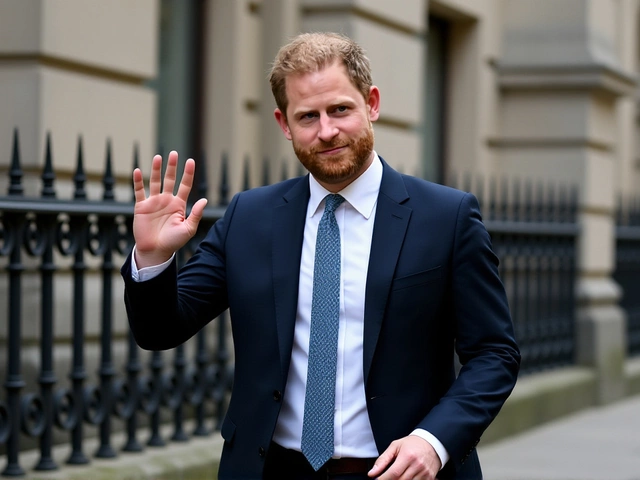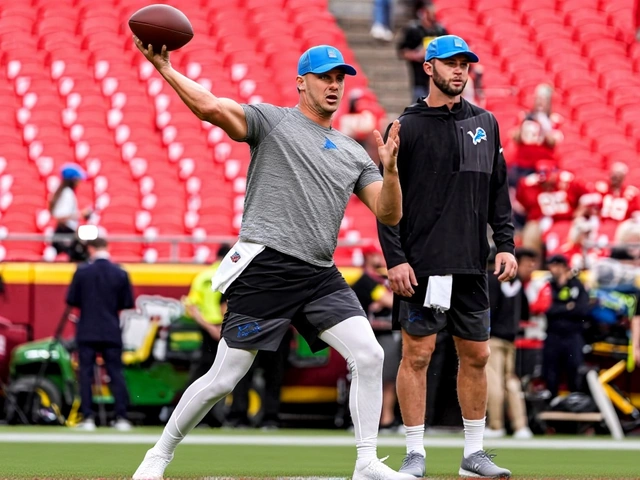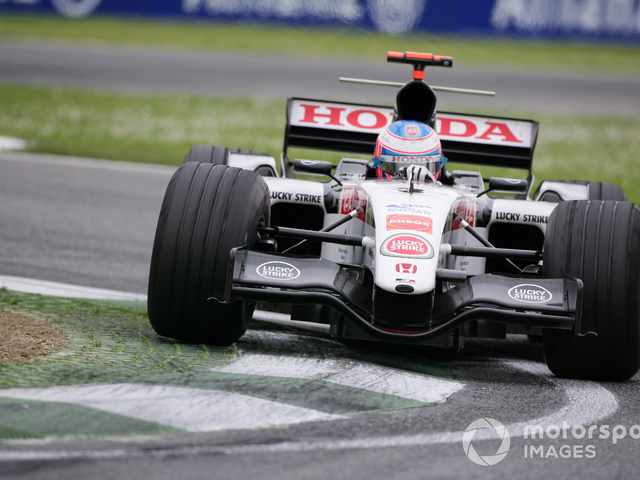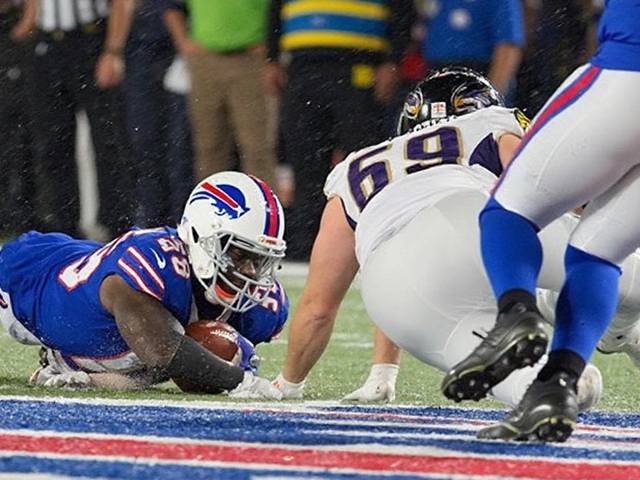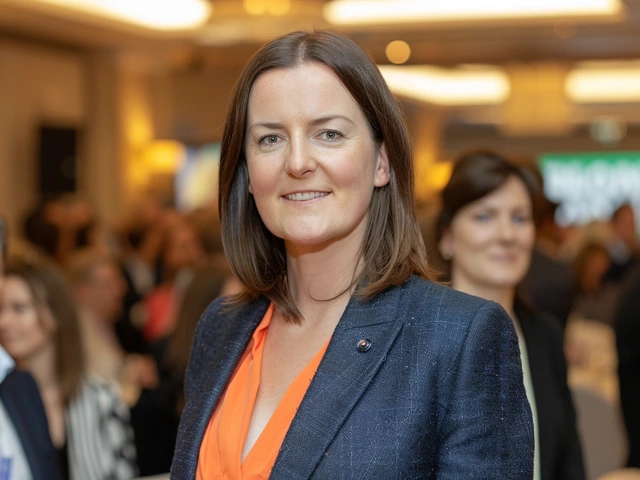When King Charles III, King of the United Kingdom pushed for a royal reconciliation with his younger son, Prince Harry, Duke of Sussex, senior courtiers sounded the alarm on October 5, 2025, warning that the effort could “explode in the Palace’s face.” The warning came after a September 10, 2025 meeting between father and son that the press described as formal and distant, and after Harry’s spokesperson accused palace insiders of sabotaging any peace.
Background: A decade‑long rift
The friction between Charles and Harry traces back to the 2020 interview with Oprah Winfrey, where the Sussexes aired grievances about palace life. Those grievances resurfaced in a 2023 legal battle over Harry’s automatic police protection, which the Home Office eventually withdrew. The dispute left the two men without direct communication for 19 months. By early 2025, both sides hinted at a possible thaw, but no concrete plan materialised—until the September reunion.
The September 10 reunion: What really happened
During the September 10, 2025 reunion meetingWindsor Castle, Charles reportedly wanted a quiet sit‑down, while Harry’s team pushed for a neutral venue away from the palace walls. Sources said Harry felt like “an official visitor” rather than a son, a description the Duke’s spokesperson later slammed as “pure invention fed by sources intent on sabotaging any reconciliation.”
Hilary Fordwich, a senior royal commentator, told Fox News Digital that Harry’s rebuttal left Charles “saddened and rather surprised.”
Courtiers’ alarm bells
A senior palace insider, speaking to Heat Magazine, explained that “Charles has really put his neck on the line to give peace a chance, but a high percentage of courtiers think his Majesty is making a colossal mistake, that Harry is a loose cannon and it’ll explode in the Palace’s face at some stage.” The insider noted that while many staff support the idea of moving forward, some fear Harry’s demands to address past grievances first could reignite old wounds.
These whispers aren’t new. In 2021, Prince Edward, Duke of Edinburgh, urged his brother to “properly speak” with Harry, acknowledging the family divide as “very sad.” Yet Prince William, Prince William, the Prince of Wales, has remained publicly detached, reportedly dismissing the peace talks as “a terrible plan.”
Why the logistics mattered
Beyond personal feelings, the two camps couldn’t agree on the basics: a calendar entry, a venue, and an agenda. Charles’s team wanted a low‑key conversation at Clarence House, whereas Harry’s advisors pressed for a neutral space—possibly a hotel conference room in London—far from royal residences. The disagreement over whether to focus on “moving forward” first or to “address unresolved grievances” proved fatal. By mid‑September, the planned peace summit had collapsed.
Family voices: Support, skepticism, and denial
Omid Scobie, author of several royal biographies, confirmed that Edward was among the few royals encouraging dialogue. “I’ve spoken to the Duke of Edinburgh many times; he believes families can heal if they’re willing to listen,” Scobie told BBC Radio 4.
William, however, has publicly questioned Harry’s motives. In a private interview leaked to The Times, he called the reconciliation “a risky gamble” and warned that “if Harry’s agenda is to air grievances, we’ll be back at square one.”
Harry’s camp denied any intent to divide the family. A spokesperson told The Sun, “Categorically not. Harry is not trying to drive a wedge between the Prince of Wales and the King.”
Potential fallout for the monarchy
If the reconciliation truly collapses, the monarchy could face another public relations blow. A royal watcher quoted by BBC World Service warned, “If this collapses, the door may slam shut for good.” Public opinion polls from YouGov in early October showed 42% of Britons believed the royal family was “out of touch” after the Sussex saga, up from 31% a year earlier.
Conservatives in Parliament have already hinted they might question the Crown’s role if internal disputes continue to dominate headlines. The Department for Digital, Culture, Media & Sport (DCMS) is reportedly reviewing the palace’s communication strategy, though a spokesperson refused to comment publicly.
What’s next? The road ahead for Charles and Harry
Both sides have indicated they’ll remain open to future talks, but any new attempt will need a neutral facilitator—perhaps a senior former diplomat or a trusted family friend. In the meantime, Charles is expected to focus on his upcoming public duties, including the Commonwealth‑Queens celebration in November.
Harry, meanwhile, continues to live primarily in California, raising his children, Archie and Lilibet, while campaigning for mental‑health awareness. Whether he returns to the UK without police protection remains uncertain, but the Prince has said he will not consider another meeting until “the foundation of trust is rebuilt.”
Frequently Asked Questions
How does the failed reconciliation affect Prince Harry’s security situation?
Harry has warned that without automatic police protection, he cannot safely bring his children to the UK. The Home Office’s decision remains unchanged, meaning any future visit would require a separate security assessment, adding logistical and financial burdens.
What are the main reasons courtiers view the reconciliation as a ‘colossal mistake’?
Senior staff fear that Harry’s insistence on confronting past grievances could reopen painful chapters, undermining public confidence. They also worry that a failed peace effort could weaken Charles’s authority and fuel media speculation about a divided monarchy.
Why has Prince William remained silent about the reconciliation?
William has kept a low profile, likely to avoid appearing to side with either brother. Sources suggest he believes public involvement could aggravate the dispute, and he prefers to focus on his own duties as Prince of Wales and future king.
Could a neutral third party help revive the peace talks?
Experts say a respected diplomat or senior family confidante could mediate, provided both sides agree to a clear agenda that balances acknowledgment of past issues with forward‑looking goals. Such a mediator would need the trust of both Charles and Harry.
What impact might this dispute have on the public’s view of the monarchy?
Polls indicate growing skepticism, especially among younger voters. A visible family rift could further erode the institution’s relevance, prompting calls for modernization or even constitutional reform.
